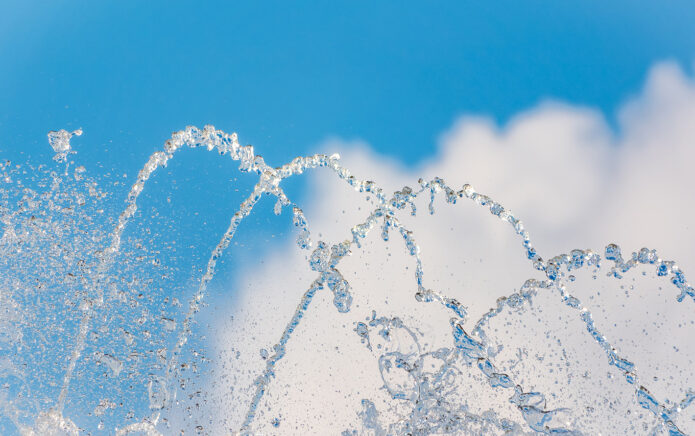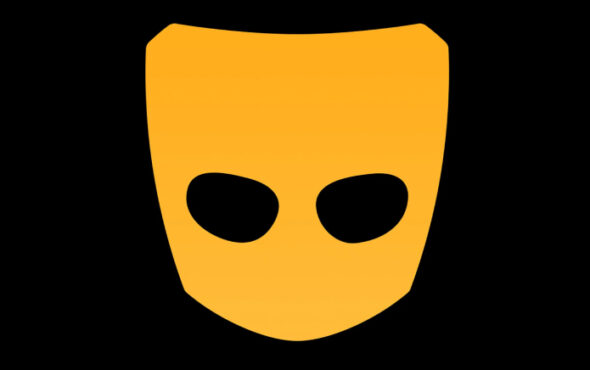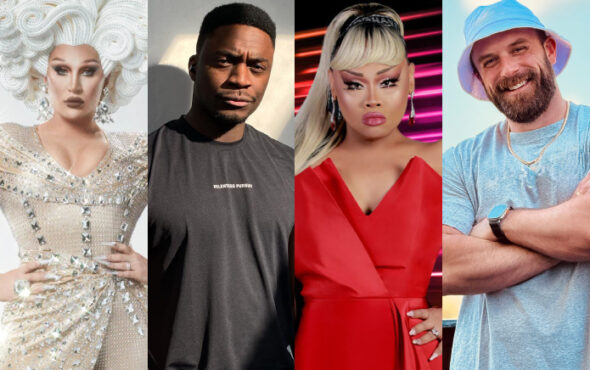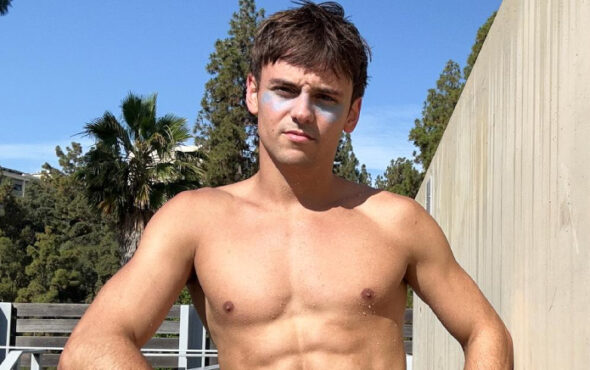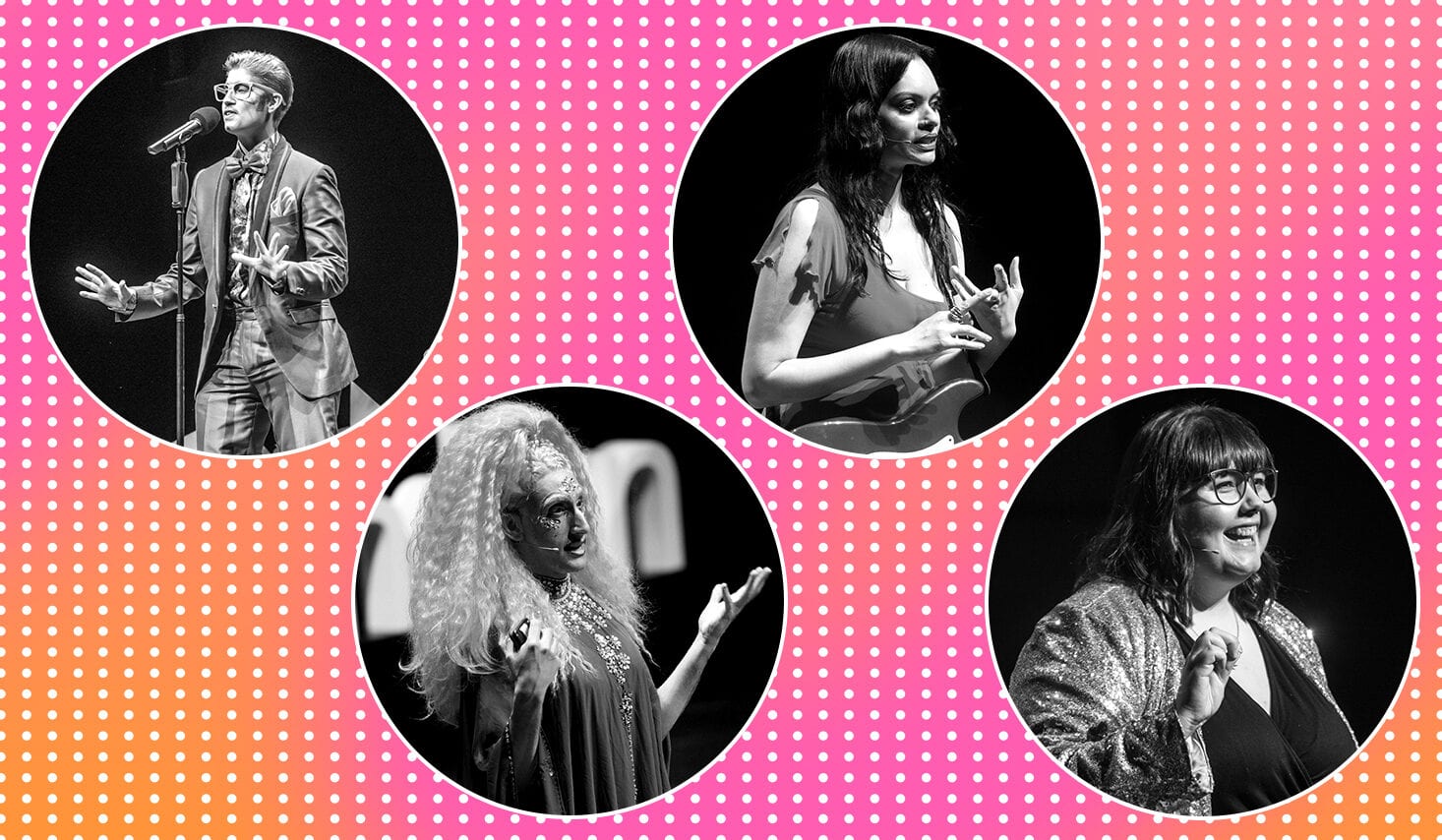
As we near the end of Pride Month for another year, naturally we reflect on the conversations that have been had as part of the annual season over the past few weeks. With that in mind, GAY TIMES sat down with four LGBTQ+ thought leaders to not only highlight the words that they’ve shared with the world via the TEDxLondon stage in previous years, but to ask them now, ‘Has the world changed in the way that you wanted it to?’ since. Think of it as Pride Revisited.
What is a thought leader, we hear you ask? Someone at the front of a conga line with a robust cerebrum? Sadly not, it’s actually even better than that. Our thought leaders and pioneers of change have been able to utilise their own experiences, and share them on one of the biggest stages in the world to allow fellow LGBTQ+ people a special moment of relatability and connection. One of the biggest ways we connect with fellow queer people is just being able to recognise our own stories and experiences in theirs. Seeing their vulnerability and honesty has inspired tens of thousands, who have watched their talks via YouTube, to feel less alone.
Amrou Alkadhi (They/Them)
What Quantum Physics Taught Me About My Queer Islamic Identity
The message of your talk two years ago looked at the idea that multiple things can be true, that often contradict each other? What inspired you to discuss this to the TEDxLondon audience?
I suppose the media can give such reductive narratives of queer and Muslim people; these days, our identities are used as canon fodder for exhausting media culture wars. So I wanted to complicate people’s understandings of queer Muslim identities, in a way to provide a counter narrative.
As a storyteller, I’m really interested in multiplicity, and the fact that people are full of contradictions. I think people understanding that everyone encompasses multiple contradictions might help us all to empathise with each other and not view ourselves in such binary terms. We’re so divided at the moment, and so I wanted to do a talk that showed how we are all full of contradictory identities that move past the constant “us and them” narratives.
How has this concept developed for you in those two years? Have you experienced any new challenges/life moments that have further enhanced your idea that contradiction within our own identities is something to be celebrated?
It’s definitely helped me forgive my family for a lot of the damaging behaviour they enacted on me. It’s a lot easier to view them as pure villains, but through a process of trying to understand why it is they have treated me the way that they have, I have been able to move past it. Not excuse it as such, but just to understand that their actions are more complicated than “good” or “evil,” and that they were informed by very specific socio-cultural forces. I think when I was younger I was quick to look at someone who had the opposing opinion to me as an enemy – but I try, as much as possible, to understand why someone has the perspective they have – I think ultimately that’s the best way to challenge it and change their mind.
What’s the biggest challenge for you in 2021 when it comes to allowing your identity to just ‘be’ and exist in a world where we’re constantly told the opposite?
Not having drag shows. Being in drag on stage is the time I feel most present and connected to my identities, and most “seen” for the person I am. On stage and in drag is the place I feel most authentic to who I am – it’s like I get to assert myself on my own terms completely – and not having that outlet during the pandemic has been very difficult. I’ve felt almost invisible without it; it’s only in drag that I truly feel like the person I authentically am, and I think it’s because I get to construct my aesthetic and behaviour with complete autonomy.
Sofie Hagen (She/They/Him)
You Can Be Fat and Happy
How do you think your TEDxLondon talk has evolved since you shared it with the world? Do you still feel the same about the message of being fat and happy?
Yes, I still feel the same way and I think for a short seven minute talk, it was exactly what it needed to be. There is so much more to say when it comes to fatness, and most of it is way more important than just ‘love your body’. But I wouldn’t change a thing if I had to re-do the talk today, because as an introduction to Fat Liberation, it was very effective.
What has the past year felt like for you when it comes to community engagement and relationships with those you hold dear?
It feels like we have seen an influx of allies in the past year, which is a good thing, of course. But it also means that most ‘safe-feeling’ spaces have been invaded by people asking a lot of questions and thinking they can challenge things that are very personal to us. So whilst the world does seem to become more and more accepting (despite the awful groups trying to stop it from happening), it also feels like, on a personal level, a lot of us have suddenly had to adjust to the world learning that we exist. That can feel quite vulnerable and intrusive at times, which has pushed us all to learn quickly how to set clear boundaries – without necessarily pushing away potential allies.
I realised that I have gone a whole year without being shouted at in the street, without trying to sit on public transportation in a seat that doesn’t fit me, without being ignored in groups of people, without being anxious about going into restaurants or the gym, because of comments from strangers. So whilst the world has felt very dangerous, I and many others from my community who were privileged enough to be able to work from home during the pandemic, have experienced a year that felt safer than most. Which is an odd feeling and it reminds you just how unwelcome you are in the world.
What do you think the future message will be around your talk? What’s the next step for body acceptance and/or happiness with being fat?
The next step, which has honestly been the next step for a while, is to really, really include bodies that aren’t small-fat, white, conventionally attractive and beauty privileged. We really need to include black people and POC, people without beauty privilege, disabled people, infinity fat people, older people, trans people, gender nonconforming people and people who do not have the money to make their Instagram feeds look super Instragrammable. We need to re-radicalise Fat Liberation, so Capitalism can remove its greedy claws from the cause in order to exploit fat-phobia to make money. There’s a long way to go, but I like to think we’re getting there. We also need to stop focusing on happiness – it’s just another unrealistic standard. We can’t and shouldn’t all be happy all the time. It’s a privilege to be able to afford to be happy.
What has the response been like from the LGBTQ+ community to your work and how does it make you feel?
Since I started talking about my gender (or lack thereof) and my sexuality, I feel like I’ve discovered a community that I had no idea existed. I never felt like I fit in with the cool, queer people. And I still don’t. But I no longer feel alone – I’m now a part of the queer community of people who feel like they’re too woman-looking or man-looking to be non-binary, even though we definitely are, the bisexuals who feel like they haven’t been with enough people of a certain gender or non-gender to feel like they can justify calling themselves bisexual. It’s us, the confused and the ‘I don’t know, I think I’m non-binary, but I’m scared of acknowledging that’ and the ‘I’m bisexual but it’s safer to just stick with hetero dating because it’s probably too late to pursue anything else’ and the ‘I’m probably the only person that feels this way’ people. Because of my work on social media, I get daily messages from people who ‘only just now realised’ they were bi or non-binary. And that makes me feel very happy for them. And for us. And I can’t wait till we all fully realise that we’re queer enough, non-binary enough, bi or pan enough.
Adam All (He/Him)
Using Drag To Deconstruct, Express and Reclaim My Gender Identity
Do you think the message of your talk, looking at using drag to deconstruct and reclaim your own identity, is something you still believe to be true now?
I really believe in the messages I touched on in my talk, it was one of the first times I’d spoken publicly about how important I felt drag could be in exploring and reconnecting identities. I talk about it much more now in my regular shows, I try to include something about the importance of reclaiming parts of your identity that have been either ridiculed or hidden, and particularly in my case owning my masculinity in a positive way, and expressing masculinity in a positive non toxic way.
How do you think society and the queer community has moved on since you spoke two years ago?
There has been very little real world change in terms of recognition for Kings or visibility for masculine ‘womxn’ or afab people. But inside the queer community there is now a lot more space made for queer afab performers particularly kings which is really exciting for future positive change.
Has your work changed since speaking two years ago as a result of the more political atmosphere we live within?
I definitely speak more openly about my masculinity and try to find opportunities to educate my audiences about why I do what I do. It does feel to me like there is more willingness to listen than there was before and that is hopeful.
What message would you share with the LGBTQ+ community now, about the importance of finding your own thing to allow oneself to deconstruct and reclaim their own identity?
I’m really leaning into positive, what I call ‘nutritious’ masculinity and showing that parody doesn’t have to be offensive or combative. I want to celebrate maleness and masculinity in a way that leads to positive change not confrontation and celebration not confining restrictive stereotyping.
Ms Mohammed (She/Her)
Authenticity Over Assimilation
How do you think society and the queer community has moved on since you spoke two years ago?
Things are both changing and standing still. It all depends on geography. The randomness of where you are born or your ability to migrate is going to have the greatest impact on how liberated your existence can be. I think we forget in these few queer friendly cities in the world exactly how much further we have to go. There’s still so much violence directed at queer people, in literally most of the world. My own country Trinidad and Tobago decriminalised homosexuality in 2018! 2018! The fight for equality continues…
Has your music changed since speaking two years ago as a result of the more political atmosphere we live within?
I had all this extra time on my hands during lockdowns and I threw myself into therapy and healing the parts of myself I didn’t even want to look at before. It has been exhausting and really bloody hard at times but those little breakthroughs are priceless. I wouldn’t change a thing about how I’ve spent the last year.
I’m only now getting back to creating again and yes the music is even more political because how could it not be at this point? I honestly can’t believe we are still listening to chart pop by numbers at this moment in time! Where’s the soundtrack to the revolution?
What message would you share with the LGBTQ+ community now, about the importance of authenticity?
Living authentically is vital, for those of us who are privileged enough to be safe to do so, we must be brave, we must take up more space, nothing changes if we remain invisible. If we can’t be our unapologetic selves in 2021 London Town what hope is there for a queer kid living in Iran or any other place where you can be sentenced to death for even suspected queerness? People have died for the life and freedoms I now experience, (and people are still dying) I will never forget the courage and sacrifice of our elders. We are nothing without them.
In addition to authenticity, equally important is the sense of community itself, we must strengthen our solidarity, across race, class, labels and age groups, we must consciously practice this, we must fight for each other’s true and complete liberation, everywhere.
